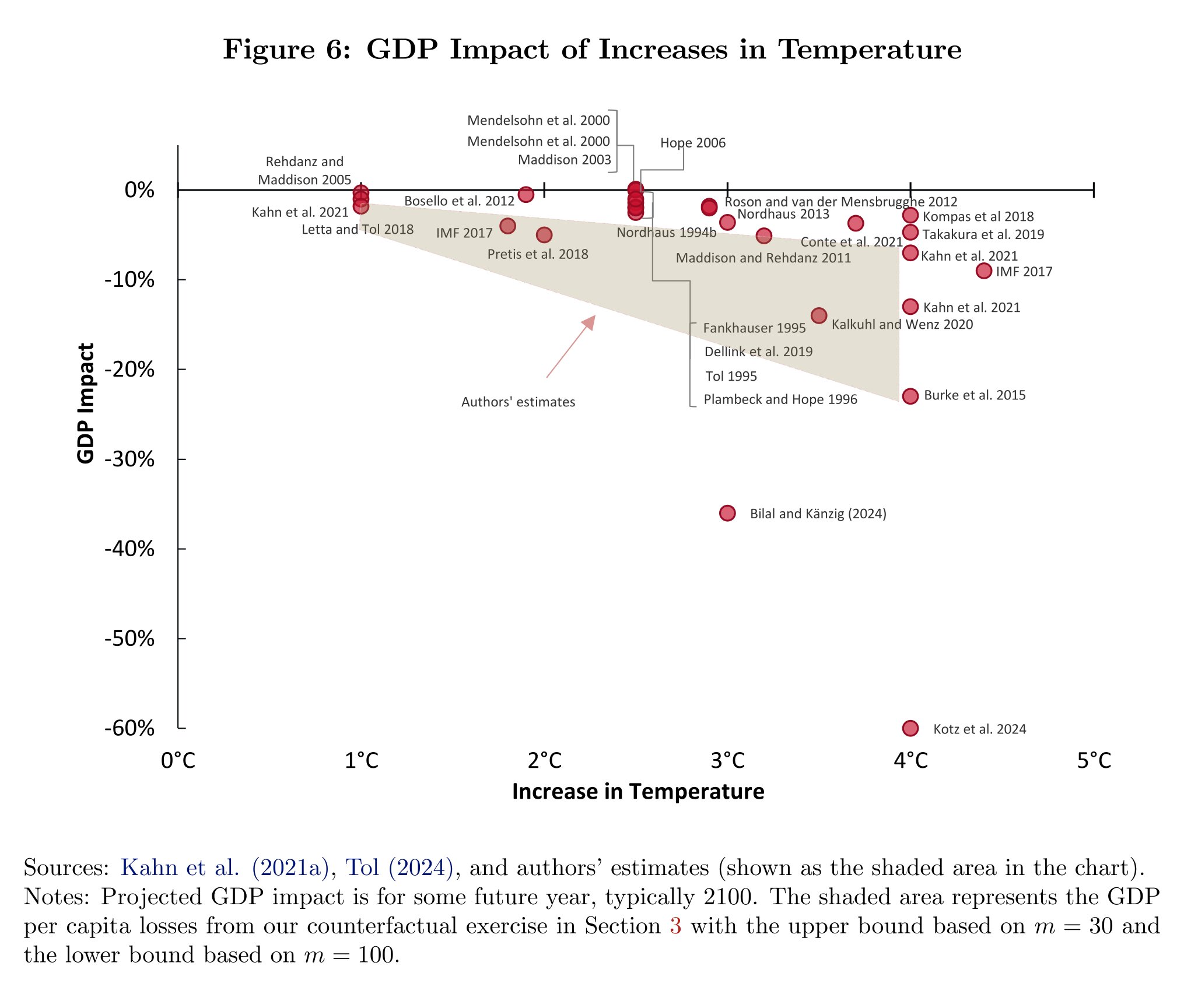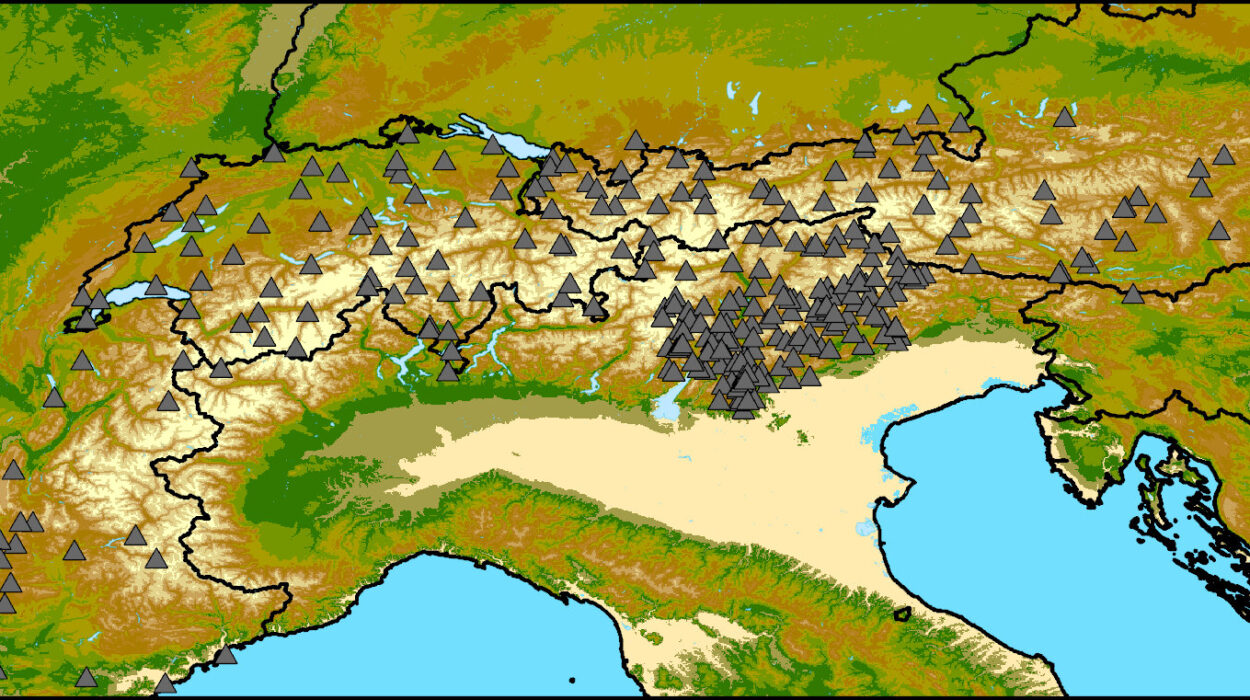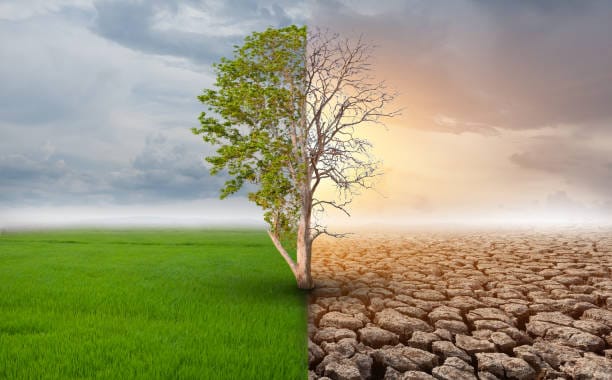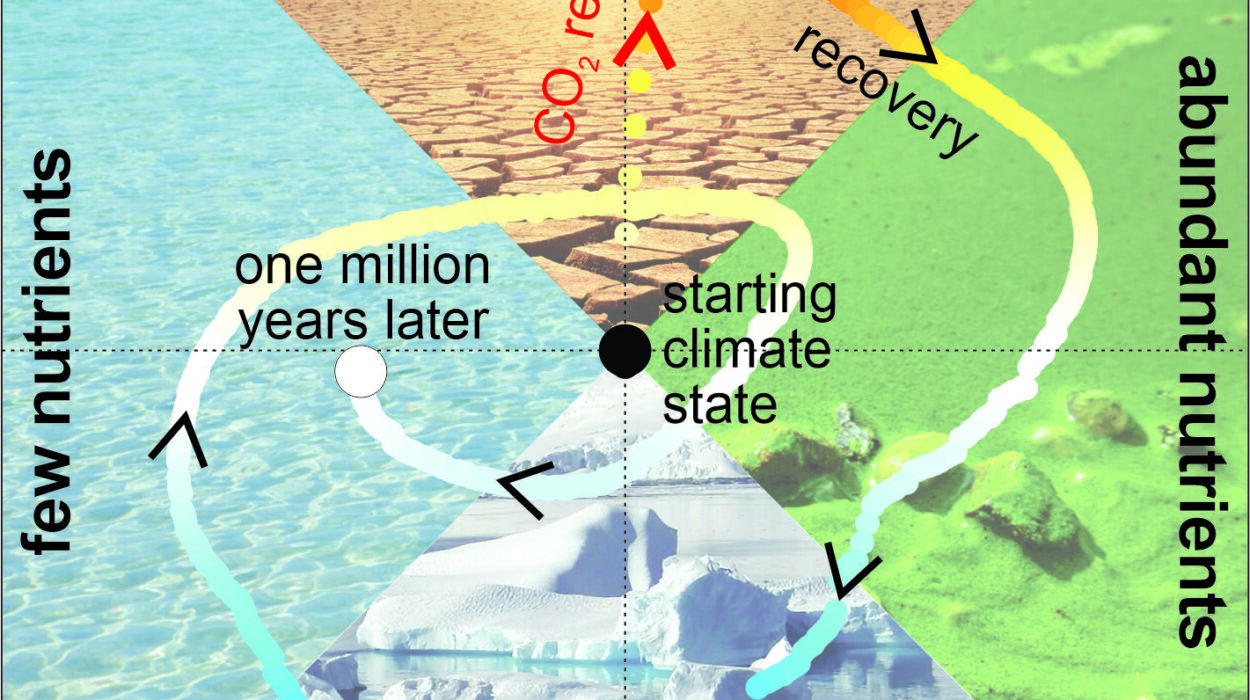The story of climate change is not only about melting glaciers, rising seas, and disappearing species—it is also about livelihoods, economies, and the future of global prosperity. For decades, conversations about climate change have often been framed as issues of the environment or morality. But a growing body of research reveals another sobering truth: unchecked global warming comes with staggering economic costs that will be felt in every country, rich and poor alike.
A recent study published in PLOS Climate by Kamiar Mohaddes and Mehdi Raissi from the University of Cambridge’s climaTRACES Lab sheds light on the economic dangers of climate inaction. Their findings show that nearly a quarter of the world’s GDP per capita could vanish by the end of the century if global warming continues unchecked. This is not a distant abstraction—it is a warning about the financial backbone of societies, the stability of industries, and the security of ordinary people’s lives.
Counting the Costs of Rising Temperatures
The study focuses on the period from 2015 to 2100, analyzing how continued temperature increases could affect the economies of 174 countries. Using projections from the Intergovernmental Panel on Climate Change (IPCC), the researchers compared different warming scenarios with two baselines: one in which global temperatures continue rising at historical trends, and another hypothetical world where warming halts altogether.
The results are stark. If temperatures climb steadily by about 0.04°C per year with little mitigation or adaptation, global GDP per capita could shrink by 10–11% by 2100. When natural climate variability is factored in, the losses climb to 12–14%. In the most extreme emissions scenario, income losses balloon to 20–24% compared to a “no further warming” baseline.
These numbers are not just statistics. They represent real impacts: fewer resources for healthcare, reduced access to education, shrinking job markets, and weakened infrastructure. They translate into diminished opportunities for future generations.
Unequal Burdens on a Divided World
One of the most important insights from Mohaddes and Raissi’s study is that climate change is not an equal-opportunity threat. While all nations face economic damage, hotter and low-income countries stand to lose far more—30–60% above the global average.
This disparity underscores a cruel irony. Countries that contribute the least to greenhouse gas emissions often bear the heaviest costs. For a low-income nation already struggling with poverty, food insecurity, and fragile infrastructure, a loss of even 10% of per capita income could mean the difference between stability and collapse. Meanwhile, wealthier countries, though not immune, may have more tools and resources to adapt, but they too will feel the sting across industries ranging from manufacturing to transportation and retail.
The message is clear: climate change is not just about agriculture in tropical regions or coastal cities at risk of flooding. It is about every sector, every economy, and every person. No country can buy its way out of this challenge.
The Promise of the Paris Agreement
While the projections are grim, the study also offers a glimmer of hope. By adhering to the goals of the Paris Agreement—limiting temperature rise to 0.01°C per year—the world could actually see a global income benefit of about 0.25% by 2100 compared to the historical-trend scenario. That figure may sound small, but in economic terms it represents trillions of dollars saved and countless lives improved.
The Paris Agreement is more than a political framework. It is a lifeline, a recognition that coordinated global action can make the difference between manageable challenges and catastrophic losses. It emphasizes that mitigation and adaptation strategies are not optional add-ons—they are economic necessities.
Adaptation and Its Limits
Mohaddes and Raissi acknowledge that adaptation—improving infrastructure, investing in resilient crops, developing heat-resistant technologies—can reduce the damage of climate change. Yet adaptation has limits. No amount of adjustment can fully counteract the escalating impacts of unchecked warming. Without strong mitigation—cutting emissions and transitioning to sustainable energy—adaptation becomes a losing battle, a constant struggle against worsening conditions.
The lesson is simple: prevention is more powerful, and more cost-effective, than cure.
Shattering Old Assumptions
For many years, economic discussions around climate change often assumed that its impact would be confined to hotter, developing nations. Wealthier, cooler countries were thought to be relatively safe. Mohaddes and Raissi challenge that notion. Their findings demonstrate that climate change affects everyone, everywhere. From the snow-covered cities of the north to the equatorial belt, industries across the spectrum—manufacturing, transport, retail, and beyond—are vulnerable.
This realization demands a shift in perspective. Climate change is not a problem “over there.” It is a shared challenge that respects no borders, no wealth gaps, no political systems.
The Call for Urgent Action
The conclusion of the study is both sobering and urgent: no country is immune. If greenhouse gas emissions continue to rise unchecked, the economic damage will cut across every boundary. Waiting for the worst to arrive is not an option.
Urgent action is needed—reducing emissions, investing in green technologies, fostering resilience, and supporting global cooperation. The cost of inaction is far greater than the investments required today. What we choose to do now will determine whether the future economy is thriving or hollowed out by climate damages.
The Human Dimension Behind the Numbers
It is easy to lose sight of the human element in discussions filled with percentages and projections. But behind every statistic is a person—a farmer in Bangladesh whose crops no longer grow, a worker in Detroit whose factory is disrupted by extreme weather, a child in Nairobi who cannot go to school because floods destroyed the local roads.
The economics of climate change are not abstract—they are woven into the daily lives of billions. To protect economies is to protect people, their dignity, their opportunities, and their dreams.
A Future Still Within Reach
Despite the alarming warnings, this research is not a prophecy of inevitable doom. It is a roadmap that shows us where we are headed and how we can change direction. Humanity has the tools, the knowledge, and the resources to act. The question is whether we have the collective will.
By committing to climate action—through renewable energy, sustainable practices, and international cooperation—we can not only prevent massive economic losses but also unlock new opportunities for innovation, jobs, and equitable growth.
The future is not written. It is in our hands, shaped by the choices we make today. The story of climate change can still be one of resilience, responsibility, and hope. But only if we act before the costs become too high to bear.
More information: Rising temperatures, melting incomes: Country-specific macroeconomic effects of climate scenarios, PLOS Climate (2025). DOI: 10.1371/journal.pclm.0000621






